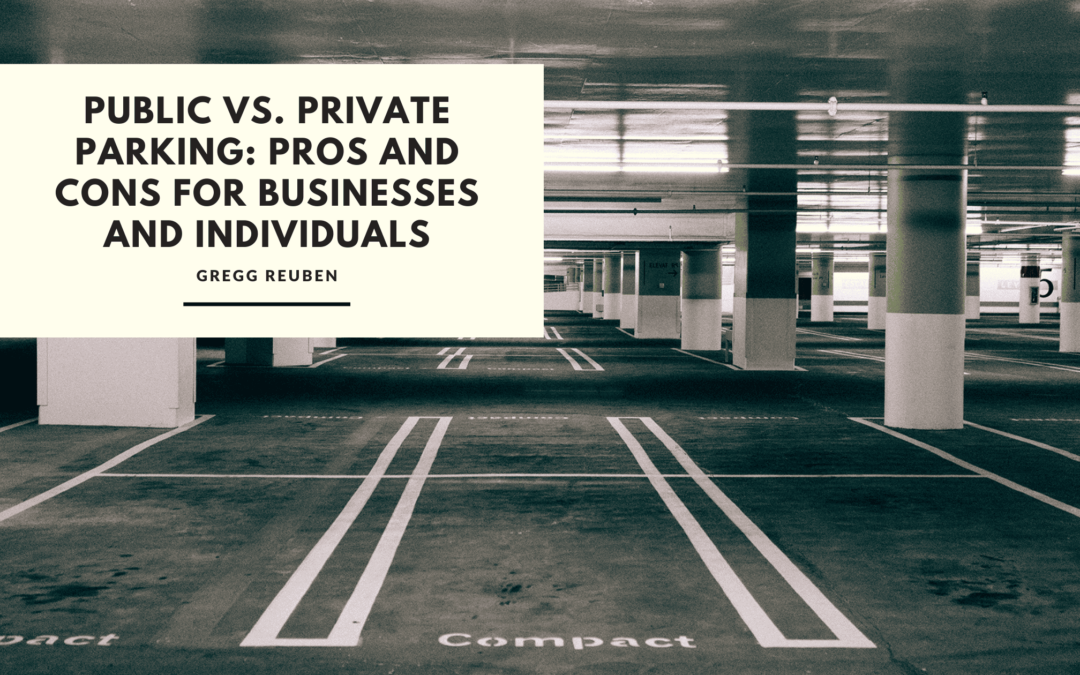Parking is a ubiquitous concern in urban areas, where space comes at a premium. For both businesses and individuals, the choice between public and private parking can have significant implications. Each option has its own advantages and disadvantages that must be carefully evaluated to determine the best fit for specific needs.
Public Parking:
Pros:
- Accessibility: Public parking lots and garages are often conveniently located in commercial areas, making them easily accessible to customers and visitors.
- Affordability: Public parking tends to be more budget-friendly, offering hourly or daily rates typically lower than private facilities.
- No Commitment: Users of public parking are not tied to long-term contracts or agreements, providing flexibility for occasional or short-term parking needs.
Cons:
- Limited Availability: Public parking can be scarce during peak hours or in densely populated areas, leading to frustration and potential delays for drivers.
- Security Concerns: Vehicles parked in public lots may be more vulnerable to theft, vandalism, or damage compared to those in private facilities, raising security concerns for users.
- Potential Distance: Depending on availability, users may need to park further away from their destination, leading to inconvenience and added walking time.
Private Parking:
Pros:
- Security: Private parking facilities typically offer advanced security measures, like gated entry, surveillance cameras, and security personnel, which reduce the risk of vehicle theft and damage.
- Reserved Spaces: Businesses and individuals can secure dedicated parking spaces, ensuring guaranteed access and convenience, especially during busy periods.
- Customization: Private parking arrangements can be tailored to specific needs, including reserved spaces for employees or clients, valet services, and priority parking for VIPs.
Cons:
- Cost: Private parking typically comes at a premium price, with monthly or annual fees that may be prohibitive for some businesses or individuals.
- Limited Accessibility: Private parking facilities may be located further from commercial areas or lack sufficient space, resulting in inconvenience for customers or visitors.
- Contractual Obligations: Users of private parking may be required to enter into long-term contracts or agreements, limiting flexibility and potentially imposing financial penalties for early termination.
In conclusion, the choice between public and private parking depends on various factors, including cost, accessibility, security, and convenience. It is important for both businesses and individuals to carefully evaluate their parking needs and consider the advantages and disadvantages of each option before making an informed decision. While public parking may offer affordability and flexibility, private parking provides enhanced security and customization options. Ultimately, the optimal solution will vary depending on specific circumstances and priorities.
